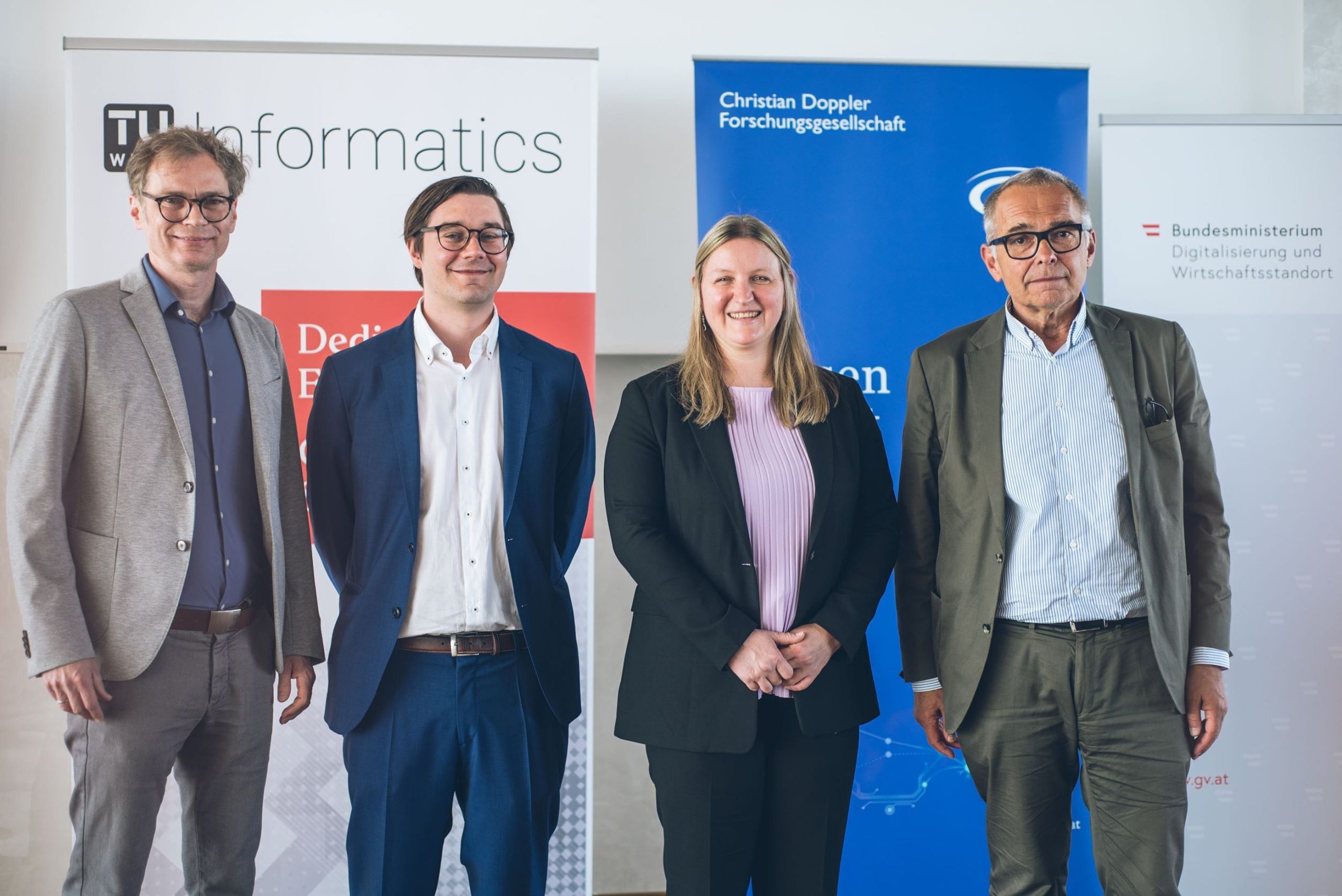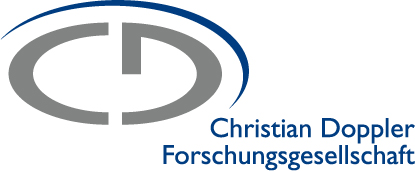The new lab at the Institute for Information Systems Engineering deals with dynamic aspects of recommendations and domain-dependent solutions.
TU Wien Informatics now hosts the Christian Doppler Laboratory for Advancing the State-of-the-Art of Recommender Systems in Multi-Domain Settings, which will focus on dynamic aspects of recommender systems under the direction of Julia Neidhardt. The lab is based at the Institute for Information Systems Engineering and cooperates with Falter Verlagsgesellschaft m.b.H. and YKMB Software GmbH.
Recommender systems are omnipresent in our everyday lives – from product recommendations in online stores and personalized content on social media to streaming services’ movie suggestions. We are used to the impressive precision of these systems, offering us tailored recommendations –but at the same time severely limiting our reception, interaction, and consumption choices. This bias not only affects the virtual world but has very real social and political implications. The Christian Doppler Laboratory for Recommender Systems is therefore researching strategies for diversifying recommender systems. Its focus is on the dynamic development of the systems, both in time and in regard to the social context and realities of the users. Questions about the relationship between individuals and groups are at the core of research endeavors: How does the inclusion of users’ networks change the systems? How do group decisions work and do they influence diversity? And what role does the application area – from news recommendations to restaurant suggestions – play in the diversification strategy?
At Christian Doppler Laboratories, application-oriented basic research is conducted at a high level, with outstanding scientists cooperating with innovative companies. The Christian Doppler Research Association is internationally regarded as a best-practice example for the promotion of this cooperation. Christian Doppler Laboratories are jointly funded by the public sector and the participating companies. The most important public funding body is the Austrian Federal Ministry for Digital and Economic Affairs (BMDW).
At the opening, Johannes Fröhlich, the Vice Rector for Research and Innovation at TU Wien, highlighted the significance of CD Labs as a source of funding for the university. He was pleased to see that many young scientists are applying for these labs, which helps TU Wien and the CD Research Association attract valuable cooperation partners. Ulrike Unterer, the Vice President of the CD Research Association and Head of the Department for Key Technologies at BMDW, congratulated Julia Neidhardt on being selected to lead a CD Lab. She noted that the selection process is highly competitive and emphasized the importance of having a woman in charge of a CD Lab in the field of IT, which is still largely male-dominated. Gerti Kappel, Dean of TU Wien Informatics, stressed the importance of researching recommender systems as they impact everyone’s daily lives, and TU Wien is committed to developing technologies that benefit society and are diverse and fair. Hannes Werthner, the former Dean of TU Wien Informatics, gave a keynote on the challenges of measuring the societal benefits of innovation. He emphasized that recommender systems, which have emerged from the monetization of the internet and relying on the personalization of data, is a vital technology and it is crucial to research, develop, and regulate them in a way that aligns with democratic values for the benefit of both users and society.





